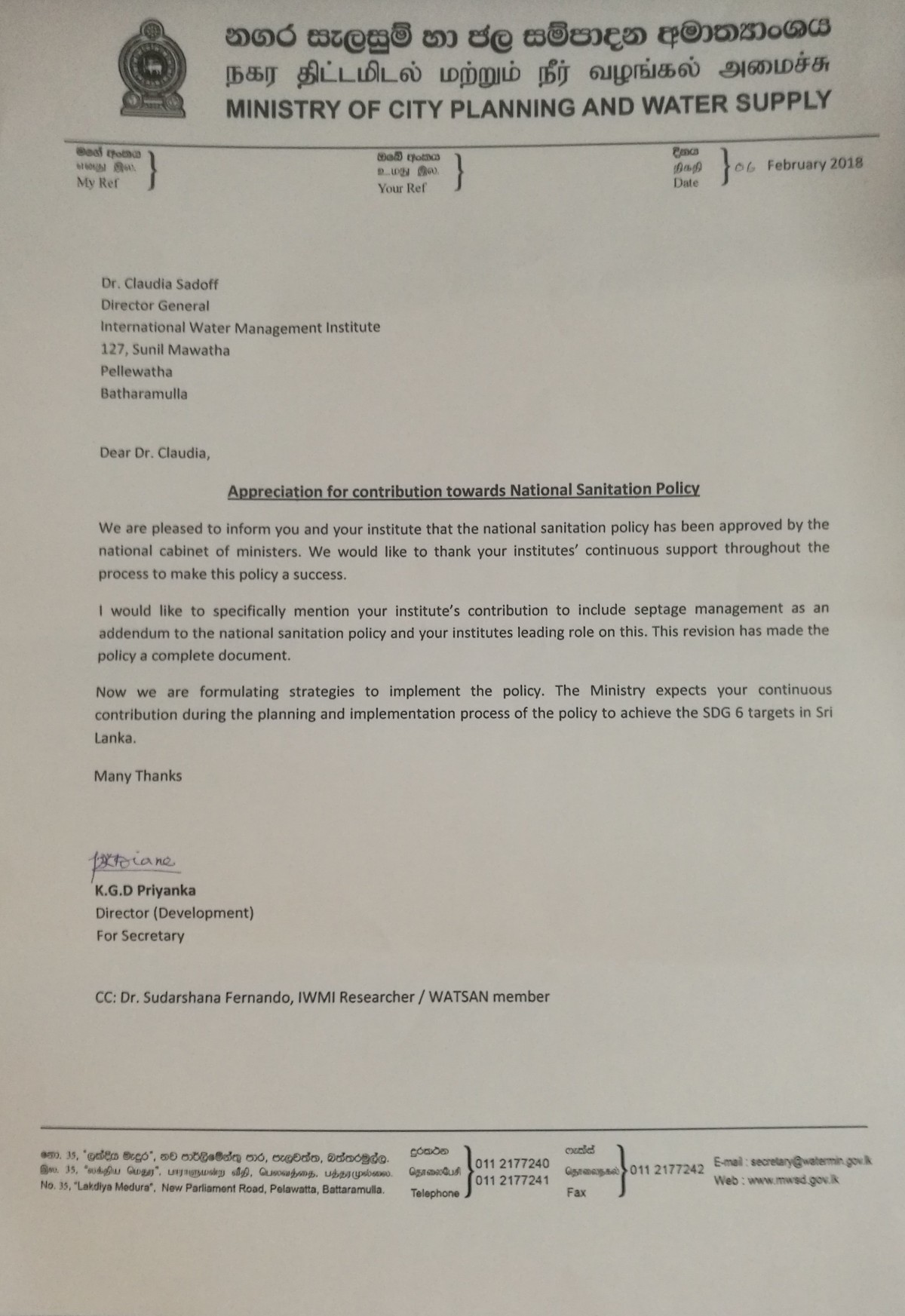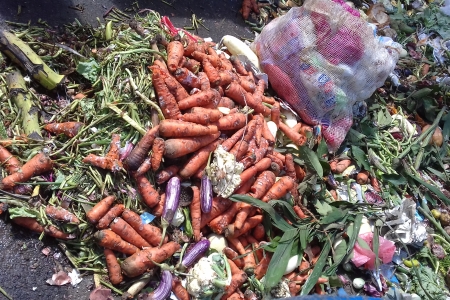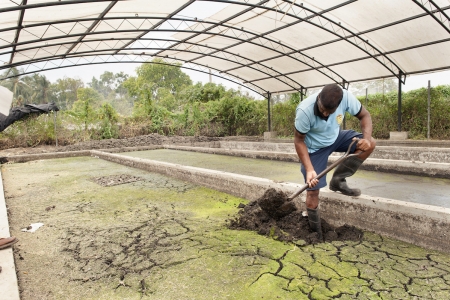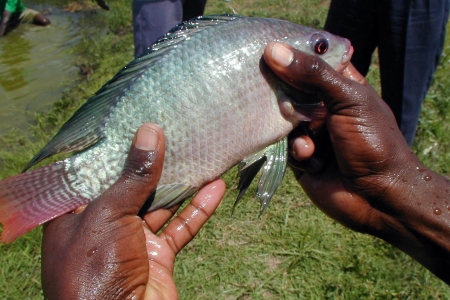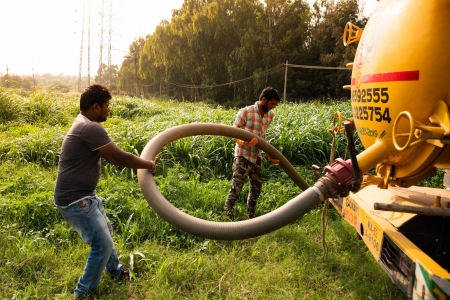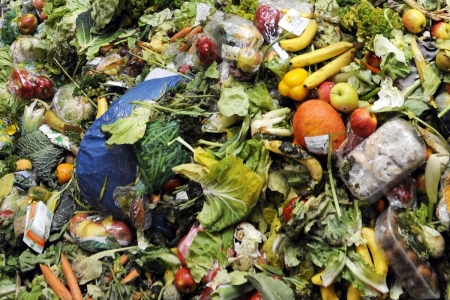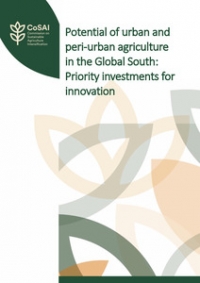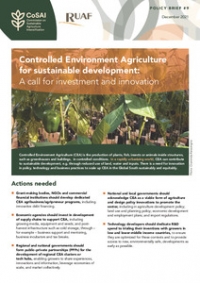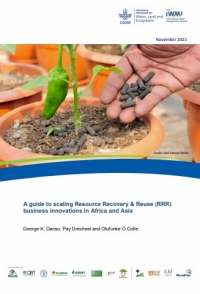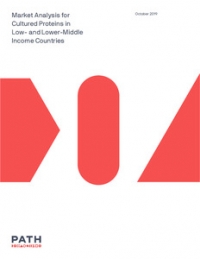At the end of 2017, Sri Lanka’s Sanitation Policy was finally approved by the national cabinet of ministers. The process of policy development and approval took several years, involving WLE since May 2013, when the Colombo-based International Water Management Institute (IWMI) and the Ministry of Water Supply & Drainage signed a Memorandum of Understanding to improve septage management. In Sri Lanka, only about 5% of the population is connected to sewerage systems; everyone else relies on latrines and septic tanks for sanitation. The de-sludging of these systems, the sludge (septage) transport, treatment and possible opportunities for resource recovery and reuse where not explored in the policy draft at that time. IWMI’s related research fed directly into the policy development which the Ministry acknowledged in a recent letter to IWMI’s DG (below). The now approved policy has septage management streamlined across the document, including the options to consider septage as a resource, for example, via ecological sanitation and co–composting, a process IWMI pioneered in Ghana over more than 15 years.
